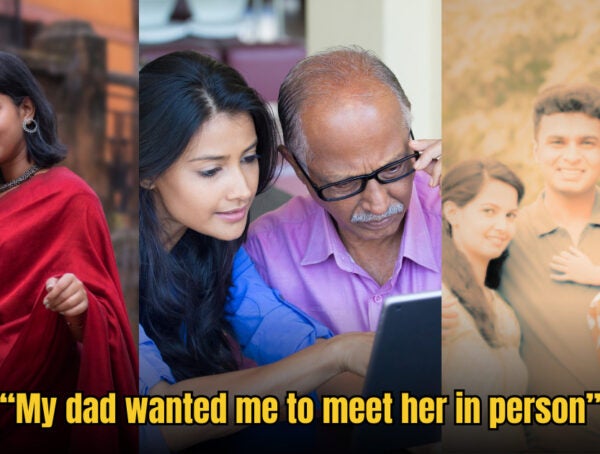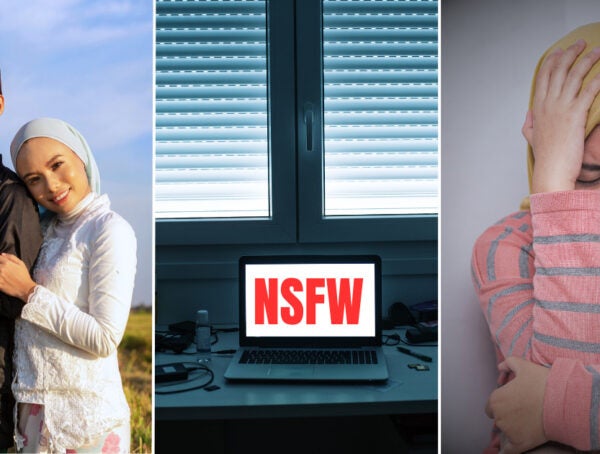Disclaimer: In Real Life is a platform for everyday people to share their experiences and voices. All articles are personal stories and does not necessarily echo In Real Life’s sentiments
The Malaysian divorce rate is getting ever higher, yet it’s still a taboo topic in our society.
Some children are too scared to even admit their parents are separated to avoid negative reactions from their friends.
So I decided to ask these adult children: What is it really like to grow up with parents that are separated?
Cahya: “I don’t even remember what my dad looks like anymore.”
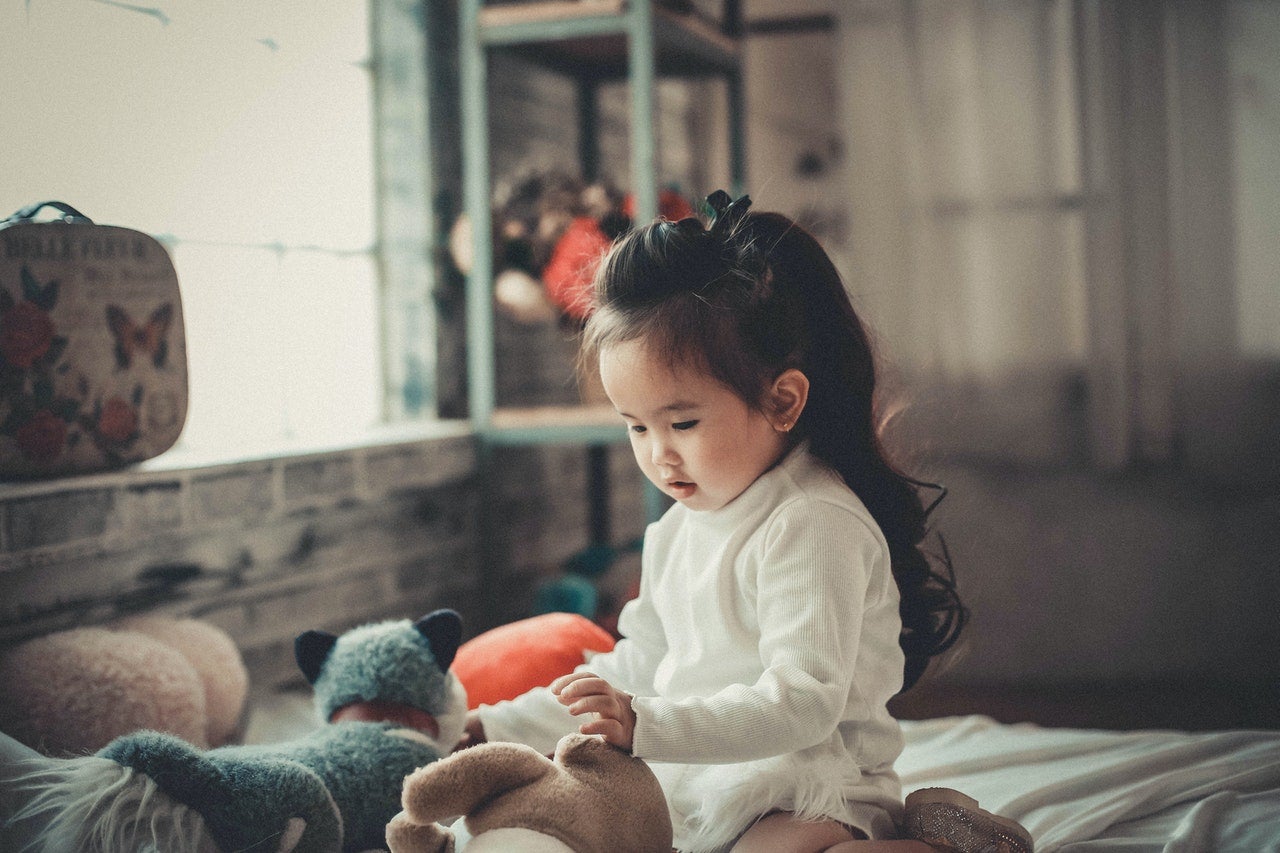
“My parents divorced when I was around 5. I was really young and blocked a lot of those memories so I don’t really remember many details,” Cahya says.
The one thing she still remembers is the fight that led to the separation.
“It was something along the lines of where we were living, how my mum pays for everything and how my dad wasn’t contributing financially.”
Cahya’s mother wanted to go to the UK to pursue her PhD. But her dad said she’s only allowed to go if she bears him a third child, even though he couldn’t support Cahya or her brother.
At 5 years old, Cahya was confused and did not know what was happening. She could not understand the concept of a divorce.
“I was never close to him anyway, so seeing him less wasn’t that bad. But growing up without a father figure was hard,” Cahya admitted.
“In a two-parent household, when you have a disagreement with one parent, you can always talk to the other about how you feel. But in my case, I had to find other people like my aunt to confide in,” she continued.
Cahya said she did not have someone to ask for fatherly advice and protection. The last time Cahya saw or heard from her father was when she was 12 years old. She feels like her stepfather was more of a father figure to her than her biological dad.
Cahya: “I was often compared to my absent father, and I hated it.”
In high school, Cahya’s family would always compare her to her father. Her mother and grandmother would always throw out statements like:
“You look just like your old man.”
“Your studying attitude is just like him, very bad.”
“You are always lying and you are good at it, just like the old man.”
They gave him the nickname of ‘old man’ and would constantly remind Cahya the similarities she shares with her biological father.
“These statements did make me upset, since it’s not something I can control. It was not my fault I inherited his traits,” she confesses.
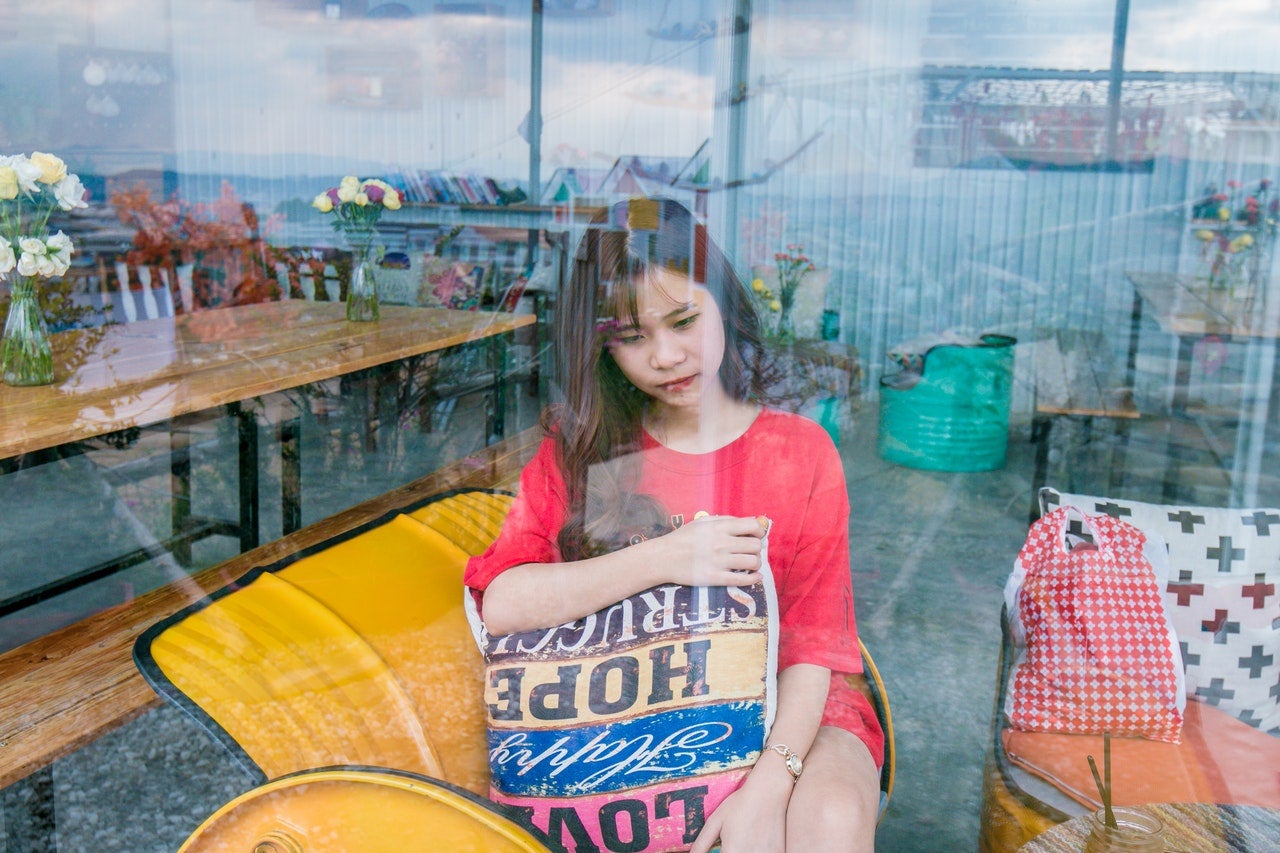
Cahya feels that because of her experience, love is something that is hard to find. “Love is real but rare. Marriage on the other hand is a waste of money to me. Anything can happen and you can remarry someone else with the snap of your fingers,” she explained.
“If I were to marry, I would be very cautious about who I choose. I also wouldn’t spend so much on the wedding. It’s so much more important to be financially stable just in case things go south and lead to a divorce,” she said matter-of-factly.
“A relationship should always be 50/50,” she concluded.
Cahya doesn’t want to have kids in future, either. If she were to have them, she would adopt. “My husband needs to understand that I don’t want to give birth. After all, it’s my body.” Cahya says.
“I am not 100% sure, but I feel like people who have both parents that are happy with each other are very lucky.”
She believes growing up with two adults that are in a healthy relationship together would form a better perspective of love for the child.
“When you see love modelled correctly by your parents growing up, it’s much easier to do it as an adult.”
Julia: “I feel like I am always caught in between my parents.”
Julia’s* (*not her real name) parents divorced when she was only 2 years old. The memories of them being all together and a happy family were all stories that were told to her by her family.
“My parents had a limousine business. Initially, their company was successful, however the business started to go downhill and my mum left with my brother and I,” Julia shares.
There were other reasons that resulted in the divorce.
Julia says: “They were both very immature and used to butt heads all the time. They were also brought up following different religions, and could never agree which one to raise me up with.”
After the divorce, her parents did try to live together for a month, so that they could both provide for her financially. However, they kept fighting over things they couldn’t see eye to eye.
This lasted for a month until one day, Julia’s mum packed her things and said, “It’s over. We are moving houses.”
When she was 6 years old, it suddenly hit Julia that her family wasn’t like the rest. “I grew sad when I realised I was going to have a childhood without a father,” she says.
She struggled in school. When teachers would talk about anything regarding two parents, for example family events, it would make her upset.
“I was ashamed to admit to my peers that my family was not like theirs, that I only had one parent who could be present.”

Julia didn’t contact her father until she was 12 years old.
“All my life, my mum and her side of the family have spoken ill about him that made me not want to see him. I was also scared that my mum would be angry if I did,”Julia shares.
He was portrayed to be someone who is very toxic and just lied all the time. Julia was made to believe that he was not a good father.
Finally, Julia met up with her father because she needed parental advice. “All my life, I was in private school. But for form 1 I decided to go to a government school. I had no idea what to expect and everyone around me didn’t either, except my dad.”
“So I asked my mum to contact my dad to meet up with him. We met for the first time in 12 years in the lobby of the condominium I was staying at.”
“We only talked about school. No catching up, nothing personal,” Julia shrugs.
Ever since the first meet up, Julia’s impression of her father did change however. She started realising the comments she heard from her mum were all coming from a place of anger.
“I started meeting him more often, he would pick me up from school everyday.”
Julia feels like over time, she has grown closer to her dad than her mum.
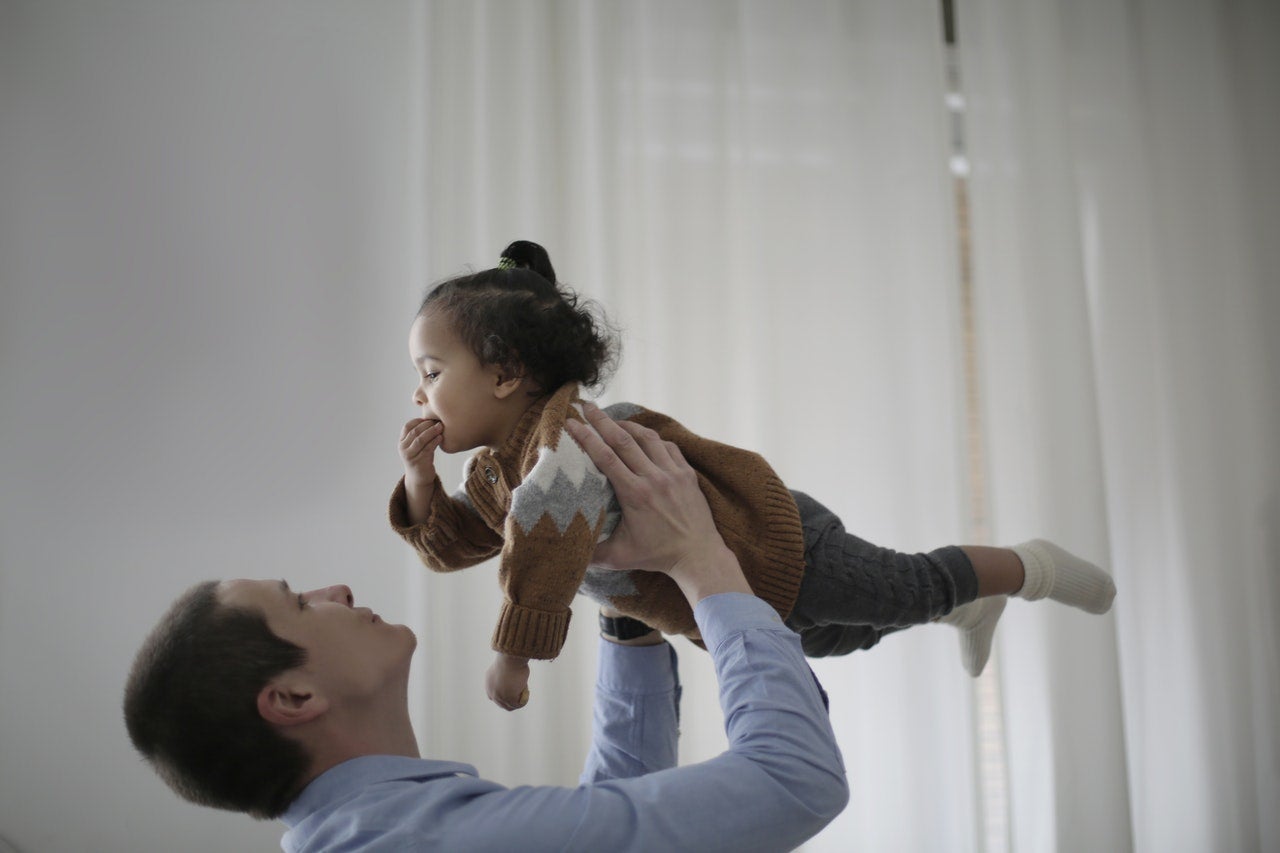
“My dad is more encouraging than my mum when it comes to my future plans. When I try to tell my mum I want to go Europe to pursue my studies, she just makes comments like, ‘Yeah, as if you can’ whereas my dad gives positive feedback,” she adds.
Nowadays, when Julia’s mother brings her father and makes a negative comment, Julia shuts it down quickly.
“There are times, I feel like I have to be more of an adult between them. Sometimes when they meet, they would begin to argue and I have to interfere and divert the topic.”
To top that off, they treat her like a messenger. “Both my parents are always telling me to tell each other things, ‘tell mum that’ or ‘tell dad that,’ Julia said in exasperation.
“Sometimes I would even get scolded for telling something that I was not supposed to, but like – how would I know not to tell?”
Julia feels like she has developed a saviour complex and has the constant need and pressure to always fix others’ issues.
“It can get draining sometimes. I learned to not depend on other people but myself, because at the end you are the only person you have,” Julia concludes.
Julia wishes her parents knew how to compromise and be more understanding towards each other.
Mia: “I was relieved when my parents got a divorce.”

https://unsplash.com/photos/BQPi8F_UON0
“For the first 9 years of my childhood, I lived in a normal family. My parents would never argue, at least not in front of us,” Mia* said. (*not her real name)
After 9 years, Mia’s dad got a job offer to work overseas, and that was when everything went downhill.
“My mum was not happy that he was willing to leave his family behind to go for work. She did not think it was fair that she had to raise the kids single-handedly,” she shared.
However, Mia’s father just felt her mother was being irrational. He did not understand why she was upset, and why she couldn’t comprehend that it was a once a lifetime opportunity that will also benefit the family financially.
“I remember the day he left, she was still not happy about it and they had a big fight. It was my first time seeing them argue and it was toxic. They threw things at each other and started swearing at each other.” she recalled.
Ever since that argument, they stopped talking to each other. They both held the grudge and were never willing to forgive each other.
“Saying that, they still remained married for a few years. For a few reasons, they worried about what people would say and how my siblings and I would get affected,” she says.
In the beginning, when Mia’s father moved, it was very hard. “I was a daddy’s girl so living without him was hard. I would always cry and would want to talk to him. Our daily phone calls were not enough for me.”
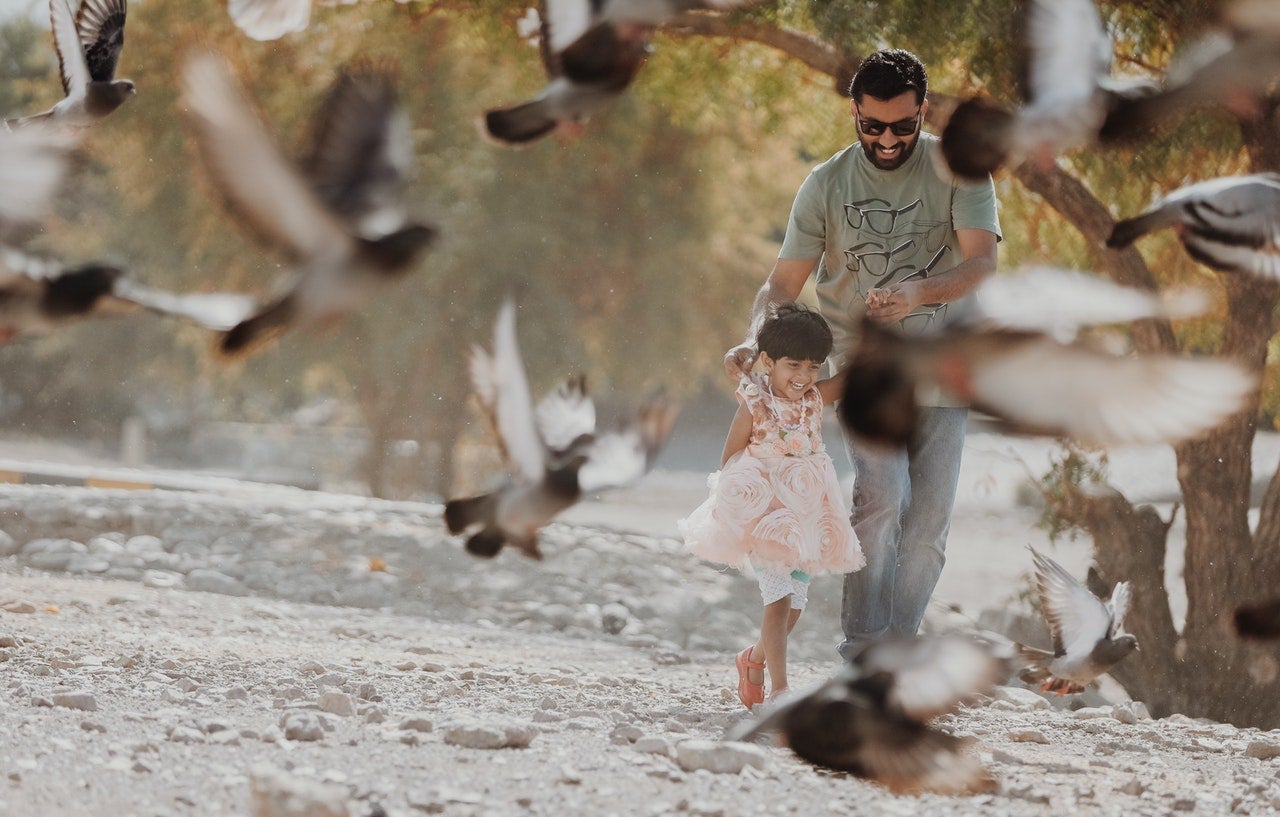
Mia says how eventually it got easier. She explains, “I started getting used to it, but I also started resenting him because of my mother. She manipulated my siblings and I to think that he did not love us.”
This made them grow closer to their mother, which was another reason why Mia’s dad avoided getting a divorce. He feared that in the process of divorce, he would lose his children too.
Mia had to unwillingly play ‘the messenger’ between her dad and mom
Before they got a divorce, Mia, being the oldest child, bore a lot of weight on her shoulders. “They would not talk to each other and would often communicate through me. Sometimes if the message I say triggers them, their anger would be taken out on me,” she explains.
So when Mia turned 13, and her parents informed her they were getting divorced, she felt like a weight had been lifted off her shoulders.
“I used to wish when I was younger for everything to go back to normal, to be like back before my dad worked abroad. But after years of this, I just lost hope in reconciliation, and I simply wished they would stop being together,” Mia confesses.

Mia figured it was also easier for her to explain to her peers her family’s dynamic. She says, “Sometimes it’s easier to say my parents are divorced than to say they are married but they just hate each other.”
Mia feels like the divorce only worked to her favour. “I was so relieved, almost happy even.”
“Life was still the same, but they just didn’t need to talk to each other, so I could stop being the middleman.”
Mia felt lucky that she didn’t have to live between two houses. Her parents came to the agreement that her mum would stay with the kids, but when her dad came to visit, she’d move out temporarily.
By that time, Mia’s dad retired. She was old enough to move out and live alone. “This made me feel like I never had to officially choose one over another,” Mia answered.
In her opinion, Mia feels like people who usually have divorced families don’t believe in love or marriage but she still is a hopeless romantic.
“I do still want to find love and get married despite my commitment issues. One thing though, I will never be in a long-distance relationship.”
For more stories like this, read: Divorce: How Things Get Ugly and What You Should Know Before Marriage and My Daughter Was Taught by Her Mother to Hate Me – Here’s My Story
If you like what you read, follow us on Facebook & Instagram.

You might also like
More from Real People
‘A RM100 fee cost a company 5 years of revenue’ shares M’sian
This story is about a Malaysian who learned that bureaucracy can be defeated simply by not arguing with it.A billing …
‘I quiet-quit, upskilled, and tripled my salary,’ shares M’sian engineer
This story is about a Malaysian who learned that loyalty without leverage leads nowhere in the corporate world.After years of …
‘I did everything right, and it still wasn’t enough’ shares M’sian graduate
This story is about a Malaysian graduate navigating big dreams in a job market where a degree no longer guarantees …






